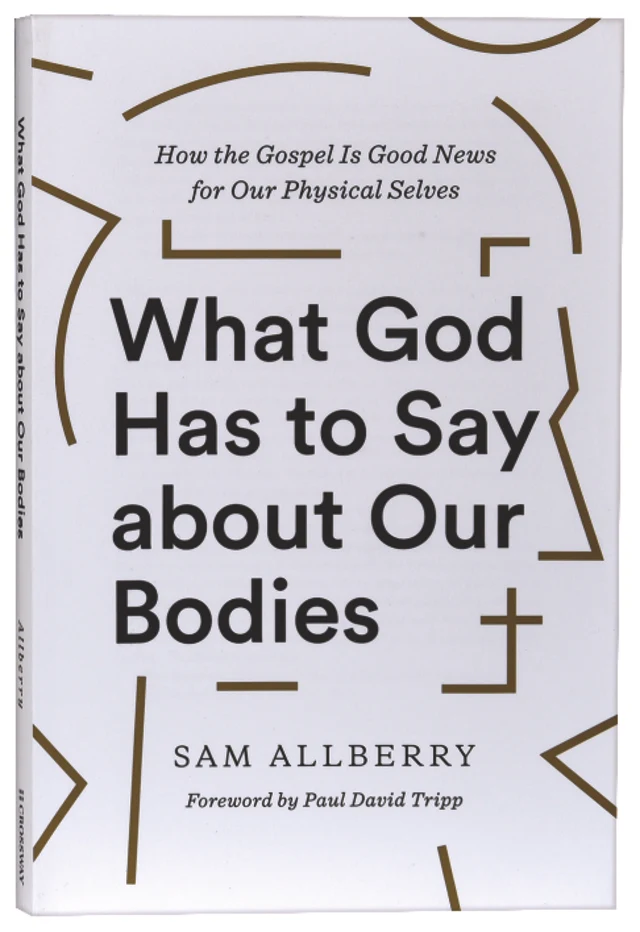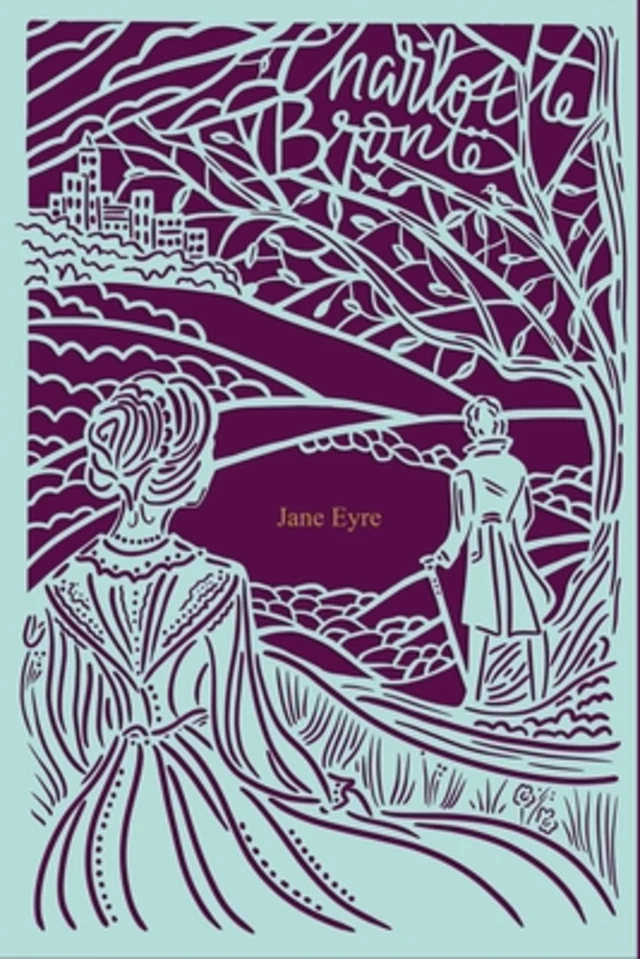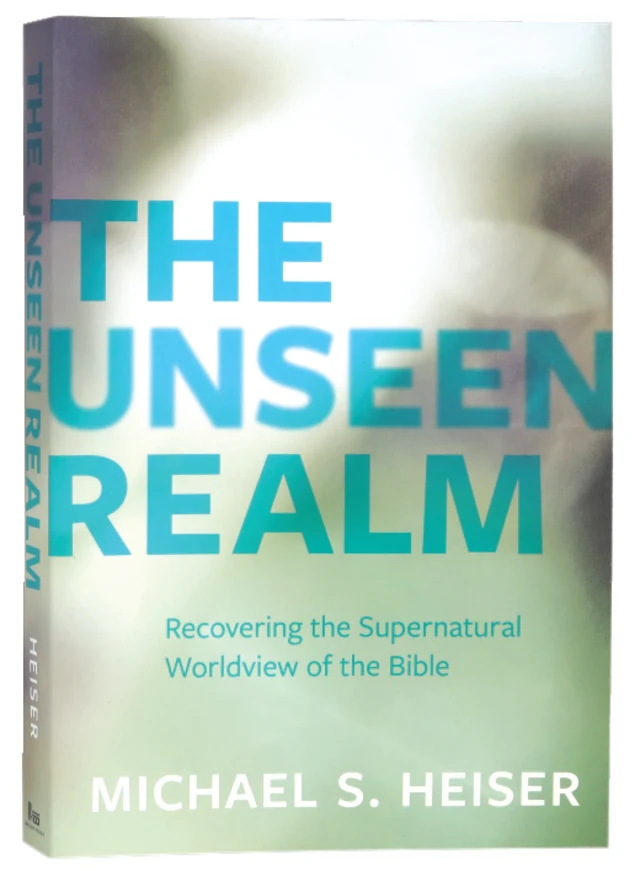The team from the Centre for Public Christianity (CPX) share their book picks for this summer.
Clare Potts – CPX Brand Manager
Q: What book are you planning to read this summer?
A: What God Has to Say about Our Bodies by Sam Allberry
 As a young woman with an ongoingly complex relationship with my body, I’ve been interested to dive into the theology of embodiment. I regularly experience a dissonance between how I think and feel about my body (ew) and what God says about my body (good).
As a young woman with an ongoingly complex relationship with my body, I’ve been interested to dive into the theology of embodiment. I regularly experience a dissonance between how I think and feel about my body (ew) and what God says about my body (good).
When Jesus offers to give us life and life to the full, he’s not just talking about our souls. He’s talking about our bodies too.
Q: What book have you already read that you would recommend?
A: Jane Eyre by Charlotte Bronte
Ok, I admit it. I’ve read this one a few times before. But I’m about to start writing my master’s thesis on hope and grace in Jane Eyre, so I needed to do a re-read to get started.
Humbly, I think Jane Eyre is everything a novel ought to be. It has daring romance, orphans, house fires, gypsies, missionaries, madwomen and even the French. It also examines issues and ideas well before its time: spiritual abuse, neglect and coercive control.
Ultimately, however, it is a Christian novel – move over Francine Rivers – about a woman with keen insight into the people around her and into the God who is full of grace.
Max Jeganathan – CPX Senior Research Fellow
Q: What book are you planning to read this summer?
A: Going Infinite: The Rise and Fall of a New Tycoon by Michael Lewis

I’ve been waiting for this one! It’s the story of the rise and crash of cryptocurrency trading website FTX and its enigmatic founder Sam Bankman-Fried. It explores what happens when human greed trips over the fine line that separates staggering success from spectacular destruction. Bankman-Fried went from billionaire to broke and arrested, in a couple of days.
The depth of Michael Lewis’ research and the texture of his writing brings a theatrical feel to true stories. This will be no different. From Moneyball (a book about baseball strategy), to The Undoing Project (charting the rise of behavioural economics), to The Premonition (documenting the human response to COVID-19), Lewis breathes entertaining insight into pretty much anything he writes about. I can’t wait.
Q: What book have you already read that you would recommend?
A: Chai Time at Cinnamon Gardens by Shankari Chandran

This beautifully written novel straddles fiction and non-fiction. The story charts the lives and histories of staff and residents of Cinnamon Gardens, a retirement home in a fictional suburb of Sydney. It brings to life the Tamil culture in a uniquely and beautifully Australian way, and thoughtfully illuminates the refugee, immigrant and white Australian experience.
It doesn’t surprise me that my fellow Sri Lankan Tamil Aussie Shankari Chandran won this year’s Miles Franklin Literary Award for this one. She colourfully blends the real-life experiences of joy, loss, friendship, race, brokenness and the search for belonging in modern Australia. The writing is rich. The issues are relevant. And the pages will turn themselves. I loved it!
Natasha Moore – CPX Senior Research Fellow
Q: What book are you planning to read this summer?
A: Moby Dick by Herman Melville

This summer, I’m feeling a re-read coming on – my favourite novel of all time. It’s been a good few years since I last read Moby Dick, and I’ve been craving a revisit.
I know this epic about a crazed sea captain forcing his whaling crew on a doomed quest for vengeance against the white whale isn’t for everyone – but since my first reading of it around 15 years ago I was captivated by its exuberance, its zest for life, its humour, and its frequently breath-taking prose. My copy is so battered, it might be time to invest in a pretty new one first.
Q: What book have you already read that you would recommend?
A: The Unseen Realm: Recovering the Supernatural Worldview of the Bible by Michael S. Heiser
I’m cheating a little here because I haven’t quite finished this book yet (but I’m confident I will before the summer!).
Heiser argues that most of us today look at Scripture through a modern, hyper-rational filter which screens out all but the most unavoidable supernatural elements of the faith (e.g., miracles, the incarnation, the resurrection). That means we skim over or dismiss a lot of puzzle pieces of the Old Testament, especially those that made sense within the wider belief system of the ancient world.
From angels to Nephilim, from God’s divine council to cosmic geography, Heiser will challenge what you think you know about your Bible and about reality! The chapters are short and compelling, but also quite dense (lots of footnotes), so it’s a good one to read slowly over an extended time – like a summer holiday.




